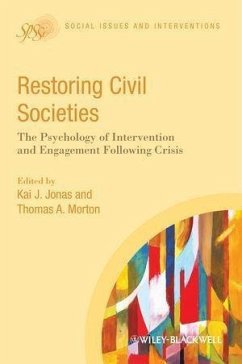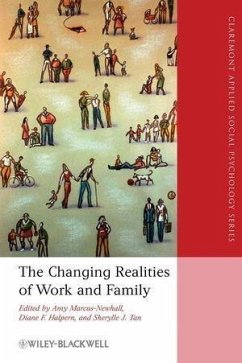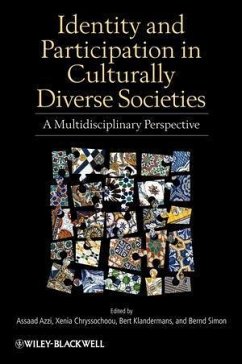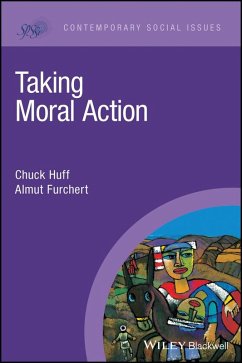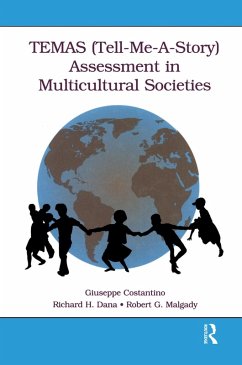
Restoring Civil Societies (eBook, PDF)
The Psychology of Intervention and Engagement Following Crisis

PAYBACK Punkte
0 °P sammeln!
Breakdowns in civil societies can be catalyzed by factors ranging from war and genocide to natural disaster, disease and economic downturns. Restoring Civil Societies examines social processes related to civic engagement in the wake of these societal ruptures. The authors show how crises in civil society can be both pervasive and localized, broad-based and limited to defined social sub-groups. Whatever their scale, Restoring Civil Societies identifies models that analyze the social psychology of crises in order to devise ways of re-activating civic engagement and safeguarding civil society. Fo...
Breakdowns in civil societies can be catalyzed by factors ranging from war and genocide to natural disaster, disease and economic downturns. Restoring Civil Societies examines social processes related to civic engagement in the wake of these societal ruptures. The authors show how crises in civil society can be both pervasive and localized, broad-based and limited to defined social sub-groups. Whatever their scale, Restoring Civil Societies identifies models that analyze the social psychology of crises in order to devise ways of re-activating civic engagement and safeguarding civil society. Focusing on these positive interventions, the authors identify a number of key strategies, ranging from the simplicity and directness of bystander interventions to the volunteer armies mobilized in the wake of natural disasters. They include collective action organized to redress systemic inequalities, and the vital healing role played by truth commissions in Rwanda and elsewhere. Restoring Civil Societies fills the gap between basic research on social issues and translation into social policies and programs-an area which, in light of current economic and social unrest, is more important now than ever.
Dieser Download kann aus rechtlichen Gründen nur mit Rechnungsadresse in A, B, BG, CY, CZ, D, DK, EW, E, FIN, F, GR, HR, H, IRL, I, LT, L, LR, M, NL, PL, P, R, S, SLO, SK ausgeliefert werden.



